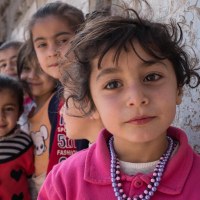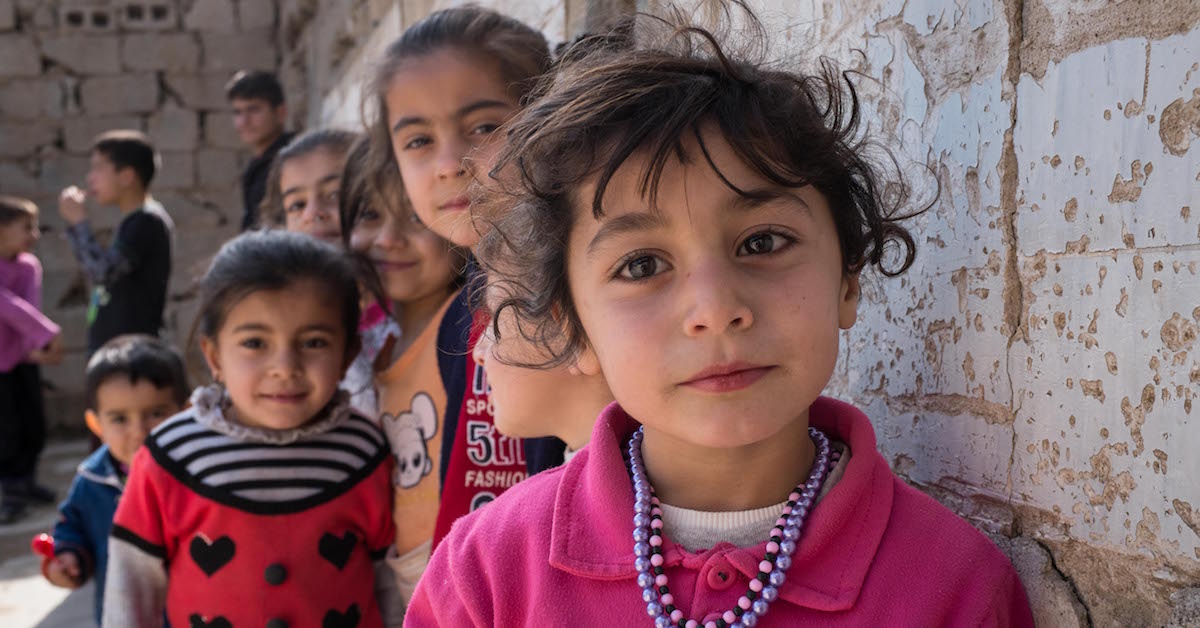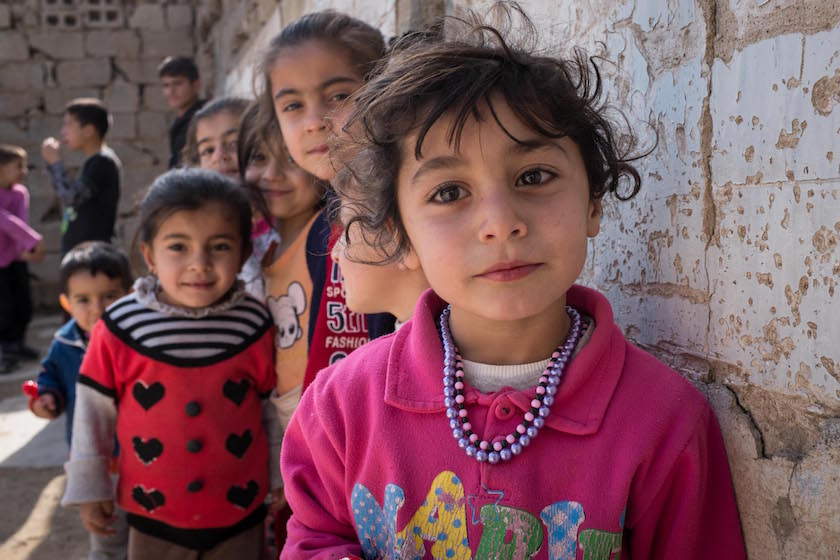
Two years ago today, we watched in horror with the rest of the world as Mosul fell to a group of militants known as ISIS.
Mosul, Iraq’s second largest city.
Mosul, only a few hours’ drive away.
Mosul, home to more than 1.5 million beautiful, extraordinary people—Arabs, Turkmen, Yazidis, Shabaki, as well as one of the world’s oldest Assyrian Christian communities.
As ISIS spread across Iraq, it was tempting to run. To get out. To give up on this war-ravaged country.
But you’ve spent years going with us into the hard places. You weren’t ready to give up on Iraq, and neither were we.
In the two years since Mosul fell, you’ve helped thousands of Iraqi children—many of them originally from Mosul—find their way back into the classroom. You’ve delivered lifesaving aid to those on the run from ISIS. You’ve helped displaced families start small businesses so they can provide for themselves instead of being forced to depend on handouts. You’ve gone to the forgotten and overlooked places—to the shipping containers and urban centers and informal camps where the majority of Iraq’s displaced families live.
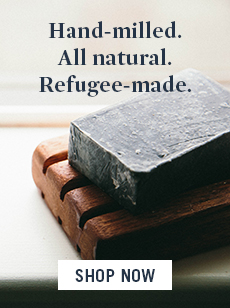
You’ve gone to the front lines with us—where almost no one else will go. You’ve helped families in Sinjar, liberated from ISIS only last year. When the town of Taza was attacked with chemical rockets this spring, you showed up with medical care. When the battle for Fallujah erupted late last month, you showed up again—bringing the first known distribution of humanitarian aid inside the militarized zone.
Many believe the battle for Fallujah is a precursor to a much larger battle to come: the liberation of Mosul. The Iraqi government has vowed that 2016 will be the year that ISIS is finally driven out.
To put the implications of this fight into perspective, consider that 90,000 civilians are thought to be trapped inside Fallujah right now. Their plight has sparked a massive humanitarian crisis.
It is widely believed that up to 1 million civilians remain in Mosul.
According to Iraqi government sources, the battle for Mosul could create an additional 500,000 to 800,000 new refugees—on top of the 3.5 million already displaced.
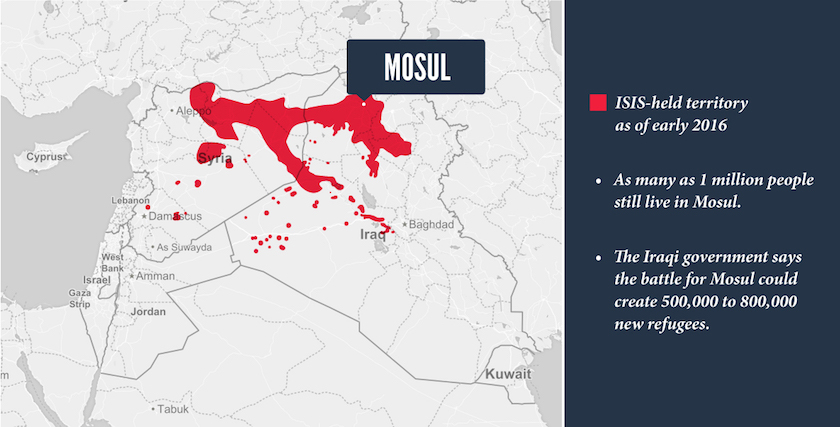
ISIS is on its heels. According to some estimates, they have lost 40% of their territory in Iraq. When the battle for Fallujah is finally done, Mosul will be the last major city in Iraq still under ISIS control.
But while ISIS is on its way to military defeat, an even bigger challenge lies ahead—because ISIS is only the latest manifestation the same cycle of violence, the same sectarian divisions, and the same unresolved grievances that have plagued communities for years.
The real battle is not simply to recapture territory, but to remake our world. To lean into the hard places and love anyway. Not to ignore our fears, but to confront them with preemptive love. To reach across sectarian lines and stand with all the suffering, persecuted peoples of Iraq. To fight back against our own sectarian impulses that tempt us to divide the world into categories of “us” and “them.”
It is not yet clear what the next year will bring for the people of Mosul. But we are here to stand with them—all of them. Arab, Turkmen, Yazidi, Shabaki, Assyrian. Their world matters. Their world is worth remaking.

